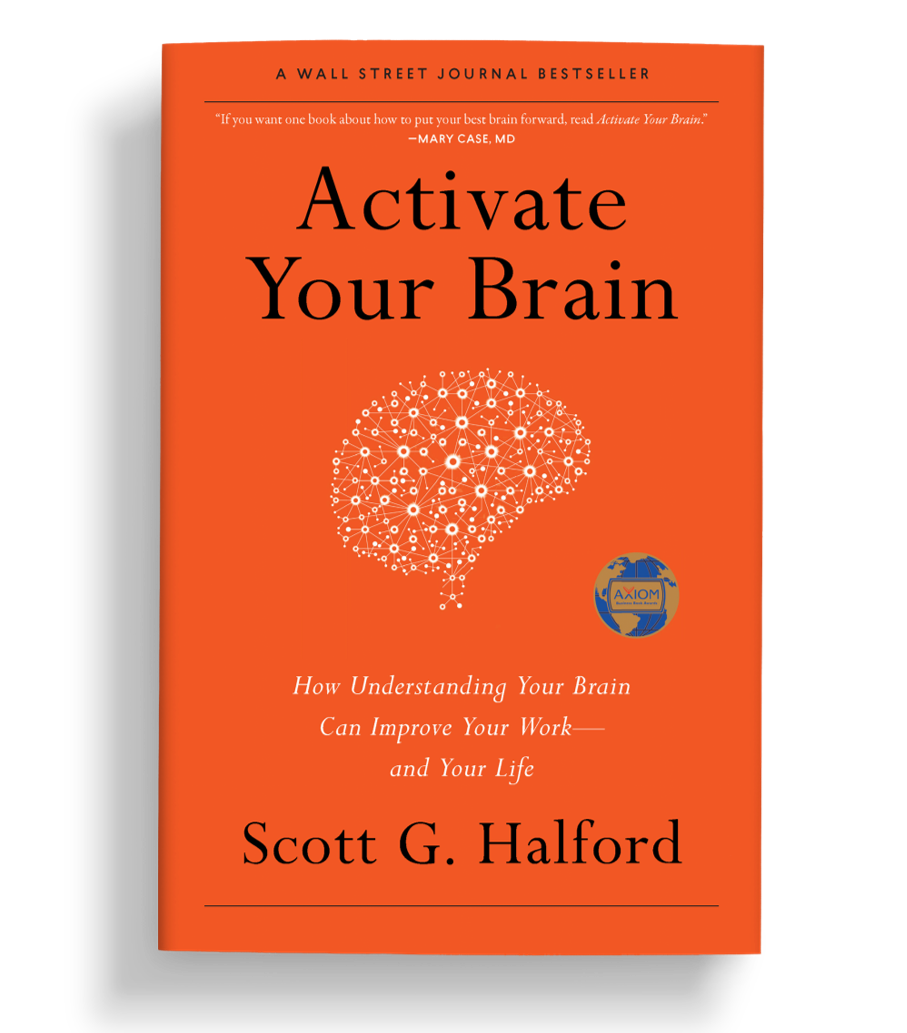By Haekal Adha Al Giffari
When we have many assignments to complete within a strict deadline, we often feel confused and burdened that we complain that we do not have sufficient time to finish those assignments. This is where you need to put the extra effort and to take tasks as a challenge rather than a burden.
Fortunately, I found a unique book titled “Activate Your Brain” by Scott G. Halford that tells us how to understand our brains physically and mentally to control our perception, emotion and behaviour.
This book says that chemical influences our emotion, and vice versa, regulates our mood and determines our behaviour.
Do you ever feel sad or uncomfortable when you heard bad news? Or when you have less sleep and your mood is unstable. However, when good news comes, you feel delighted and motivated the whole day. Why?
A chemical that controls our mood is essential to observe any potential threat. Our brain releases adrenaline (a kind of chemical) and our behaviour becomes more intense which helps us to pass through that situation and survive.
Moreover, the chemical also controls our mood when we managed to accomplish our goal.
We have dopamine for pleasure, norepinephrine for interest, and oxytocin for trust and bonding with others. If we could control the amount of those chemical things or strategise our action, then we will maintain our mood, which will help increase our productivity.
How do we stimulate our brain to maintain our mood and positive behaviour?
First, we need to understand that happiness comes when we are in control of ourselves. What happened suddenly we cannot open our file or forget what to say even though we have already prepared for our presentation. We become panic, we feel ashamed or afraid, finally the result was not satisfying.
Being calm and confident, even in a chaotic situation, is crucial to ensure that we are in control and finish our work, including solving the issues as best as we can. Obviously, we would ensure that those things will not be happening, so we need a rehearsal to predict an ‘accident’ and solve it before conducting any crucial programme.
Finishing our work, such as doing presentation with confidence, makes our brain release reward hormones such as dopamine, which can remove our stress.
Secondly, never set a lofty long-term goal without breaking it into small parts, which is more achievable in the short-term. Our brain will release dopamine hormones after we accomplish our goal as trivial as it is. It will motivate us to achieve more objectives that are part of our huge aim in the long term.
For example, when we have 25 pages of assignment in three months, we can break it into one page per day, or five pages per week. Do not forget to provide the time for outlining and proofreading. I prefer to use the 40-20-40 method to finish an assignment – 40% outlining, 20% drafting and 40% proofreading.
Thirdly, we need to maintain our willpower and focus on managing any distraction. Avoid any thing that could distract us in performing our work. A 4.5 second of distraction could triple an increase in error, and an hour well focused is the same as four hours with distractions.
Fourthly, exercising could produce chemicals in our brain, which reduce anxiety and increase confidence. Some of us might have heard about the post-workout feeling when we feel satisfied after doing exercise. The neurons or nerve cells in our brain will move faster and ease us in establishing a bridge of knowledge.
This book tells us that what happens in our brain chemically will determine how we think, feel and behave, and those responses will influence our minds as well.
Understanding how our brain works physically and mentally can stimulate us to become more productive in managing our mood and emotion.
Therefore, this book is valuable to read, especially for those who want to become more productive, and learn to control their emotion in handling issues to achieve their goals.***
